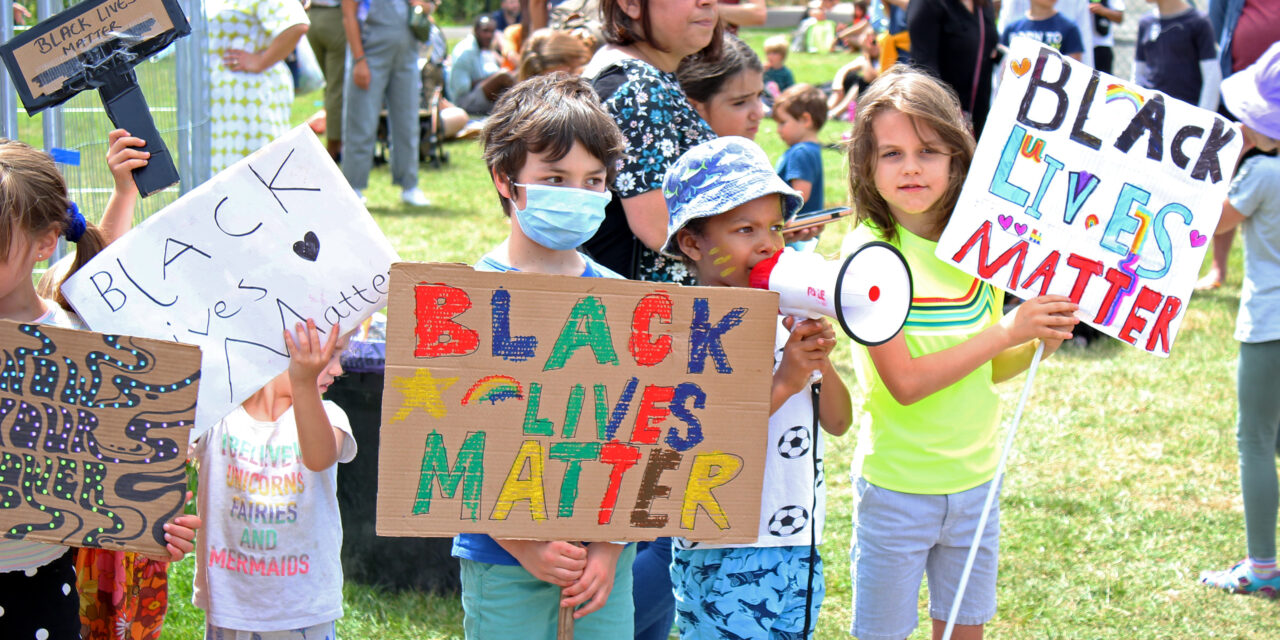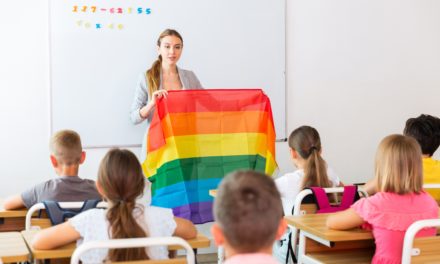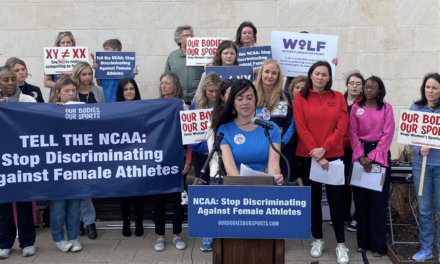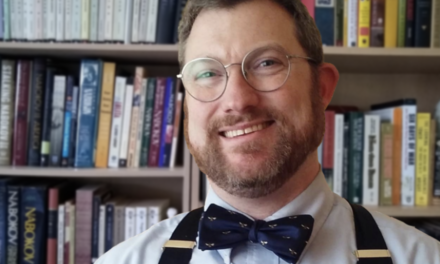Students at William Penn elementary school in Brooklyn learned more about extreme political philosophy than black history this February, The Free Press reports, after completing a coloring book based on the thirteen guiding principles of Black Lives Matter (BLM).
Teachers assigned What We Believe: A Black Lives Matter Principles Activity Book as classwork for Black History Month. When students took the books home on a snow-day, parents were shocked to find activities rooted in radical political and gender ideology.
Parents everywhere should be deeply concerned that this curriculum has made its way into public schools. Black Lives Matter is, first and foremost, a political organization — and very few of its ideas concern civil rights.
The teaching organization behind What We Believe, Black Lives Matter at School, acknowledges the “political views that brought [them] together” as:
The activity book contains activities and illustrations to teach kids principles derived from these worldviews.
Several of the thirteen tenants are damaging in and of themselves (see the second principle, “Empathy,” which borrows language from 20th century communism) — but most concerning are the ways the principles work together to discredit and destabilize the institution of the family.
Justice and other desirable things of “great goodness” flow from the creation of cities, or societies, Aristotle wrote in his Politics. But cities don’t spring up out of nothing — they are founded by nuclear families.
“It is necessary that those who cannot exist without each other couple together, as male and female … for the sake of generation,” Aristotle writes. Married couples form a household when they have kids, and multiple houses come together to form villages.
“The completion of household and village is the city,” Aristotle concludes the section, “which is for the sake of good life and not life alone. Thus, the city is natural because the household it completes are natural.”
Aristotle’s assertions have stood the test of time; yet, the eleventh principle of BLM, called “Black Villages,” calls for the destruction of the nuclear family.
A “Letter to Kids” at the beginning of the coloring book given to William Penn students goes even further, suggesting nuclear families are racist and prevent black people from succeeding.
Ordinarily, I might write BLM’s eleventh principle off as confusing the social building block of the nuclear family with the American abstraction of a perfect family with a “white picket fence.”
But three of the organization’s other principles also attack the family — this time by discouraging its formation.
The sixth and seventh principles — “Queer Affirming” and “Trans Affirming” — suggest sex isn’t binary and that men and women can switch between sexes, become both sexes, or become neither sex.
Accordingly, the coloring book recommends kids read a book about a girl who “transitions” to a boy.
It’s always wrong to sow gender confusion in kids, particularly given what we know about the consequences of transgender medical interventions. It also decreases family formation. Procreation can only occur by the union of one man and one woman. Obscuring this biological reality stops many kids from forming productive families.
The ninth principle — “Intergenerational” — denounces “adultism,” a term that equates adults’ authority over children with adult oppression of children. The concept of adultism also undergirds arguments that children can choose their own gender and consent to sexual activity.
Nuclear families replicate and grow because parents have authority over and responsibility for their children. Without parental authority, children cannot participate in society and form their own families.
Organizations that suggest lovingly-exercised parental rights should be curtailed aren’t family-friendly.
Humans were designed to live in community — that’s why marriage and family plays such a central role in the Gospel story. Organizations like BLM and its affiliates shouldn’t be allowed to manipulate children into an ideological extreme view that denigrates the most critical social institution ever creating.
It’s particularly disingenuous to manipulate children under the guise of stopping racism. Doctor Brandy Shufutinsky is a black woman who studies international multicultural education and serves as director of education at the Jewish Institute for Liberal Values; she tells the Free Press:
She continues:






